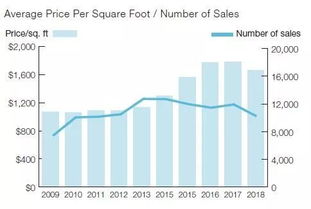Understanding the Co-op Condo Difference
When it comes to purchasing property, the decision between a cooperative (co-op) and a condominium (condo) can be a significant one. Both offer unique benefits and drawbacks, and it’s essential to understand the differences to make an informed choice. Let’s delve into the co-op condo difference, exploring various aspects that can help you decide which type of ownership suits your needs better.
Ownership Structure

In a cooperative, you purchase shares in the corporation that owns the building, rather than owning the unit itself. This means that you have a proprietary lease, which is a legal document outlining your rights and responsibilities as a shareholder. In contrast, a condominium owner holds a deed to their unit, making them the outright owner of the property.
| Cooperative | Condominium |
|---|---|
| Ownership of shares in the corporation | Ownership of the unit |
| Proprietary lease outlines rights and responsibilities | Deed to the unit |
Financial Considerations

Co-ops often have lower upfront costs compared to condos, as they require a smaller down payment and lower monthly maintenance fees. However, co-op boards can be more selective in approving applications, and you may need to provide financial documentation to prove your ability to pay your share of the building’s expenses. Condos, on the other hand, may have higher upfront costs and monthly fees, but they tend to be more lenient in their approval process.
Resale Process

Selling a co-op can be a more complicated process than selling a condo. Co-op boards have the right to reject a sale if they believe the buyer doesn’t meet the building’s criteria. This can include factors such as financial stability, employment, and even lifestyle. Condo sales are generally more straightforward, as the buyer’s qualifications are less scrutinized.
Rules and Regulations
Co-ops tend to have stricter rules and regulations compared to condos. This is because co-op boards have more control over the building and its residents. You may need to obtain permission for certain modifications, such as painting or installing new appliances. Condos also have rules, but they are usually less stringent, allowing for more flexibility in personalizing your living space.
Building Management
In a co-op, the board of directors manages the building and its operations. As a shareholder, you have a say in the building’s policies and decisions. In a condominium, the homeowners association (HOA) manages the building, and all owners have a vote in the HOA’s decisions. This can lead to different management styles and priorities.
Insurance and Taxes
Co-op owners are responsible for paying their share of the building’s insurance premiums, as well as their own personal property insurance. Condo owners pay for their unit’s insurance and the building’s insurance, which is typically included in their monthly fees. In terms of taxes, co-op owners pay property taxes on the value of their shares, while condo owners pay property taxes on the value of their units.
Conclusion
Understanding the co-op condo difference is crucial when making the decision to purchase property. Both types of ownership have their unique advantages and disadvantages, and it’s essential to consider your financial situation, lifestyle, and preferences. By weighing the factors discussed in this article, you can make an informed decision that aligns with your needs and goals.
